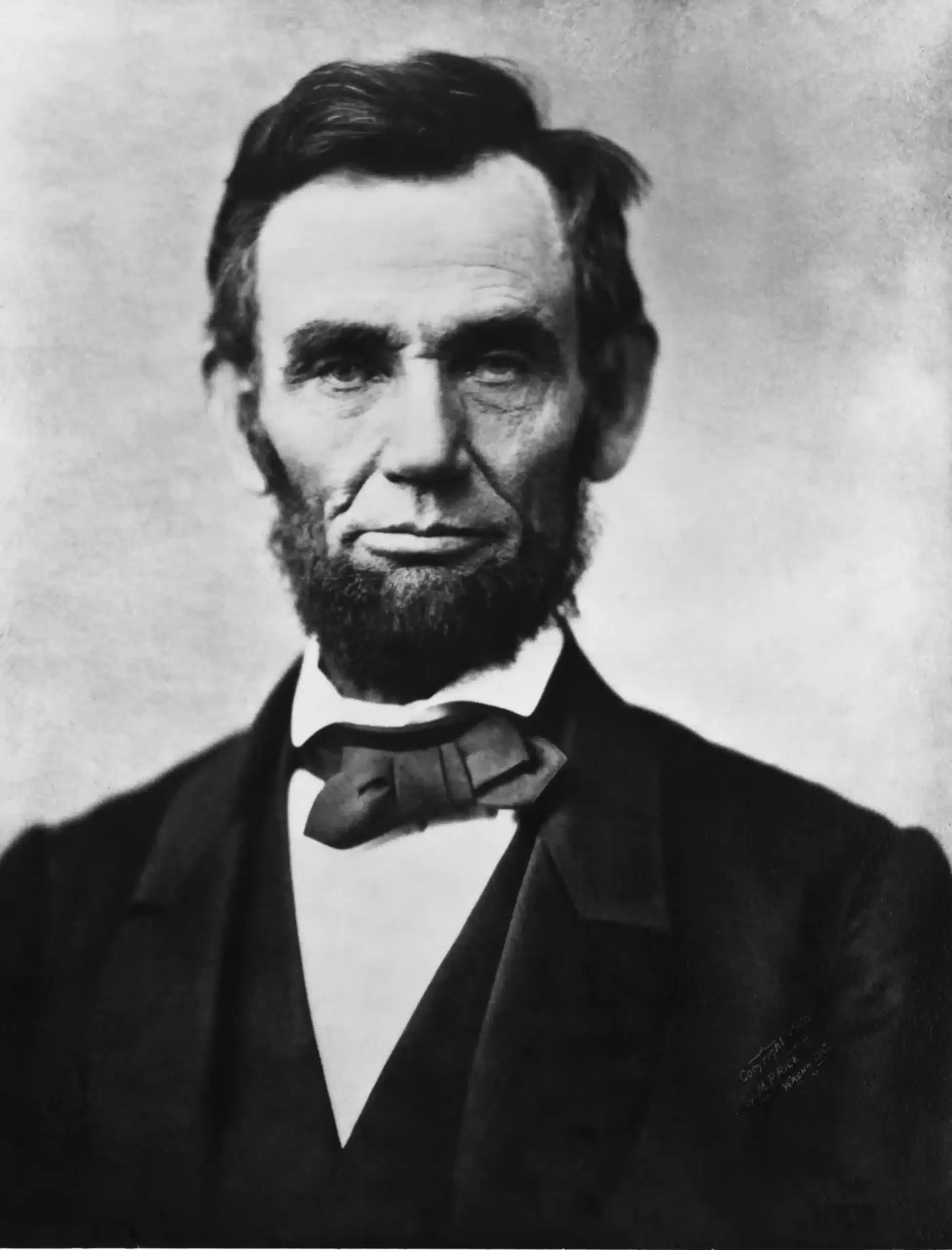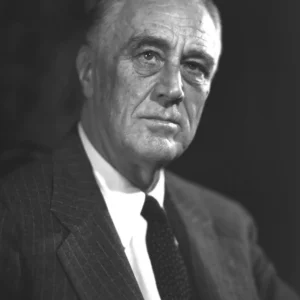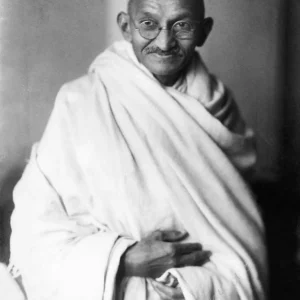Abraham Lincoln, the 16th President of the United States, is celebrated as one of America’s greatest leaders. Born into poverty in a log cabin, Lincoln rose to prominence through his unwavering dedication to justice and equality. His leadership during the American Civil War and his pivotal role in abolishing slavery earned him the title “The Great Emancipator.” Lincoln’s legacy continues to inspire generations with his vision of a united and free nation.
Early Life and Family
Birth and Background
Abraham Lincoln was born on February 12, 1809, in a log cabin on Sinking Spring Farm in Hardin County, Kentucky (now LaRue County). He was the second child of Thomas Lincoln and Nancy Hanks Lincoln. His family faced numerous hardships, but Lincoln’s early experiences instilled in him a strong sense of resilience and determination.
Childhood and Education
Lincoln’s early years were marked by frontier life, moving from Kentucky to Indiana in 1816. His mother, Nancy, passed away when he was just nine years old, leaving a lasting impact on him. Despite limited formal education, Lincoln was an avid reader and taught himself through books, developing a deep love for learning and literature.
Political Career
Early Political Life
Lincoln began his political career in the Illinois state legislature, serving from 1834 to 1842. He later served a single term in the U.S. House of Representatives from 1847 to 1849. His opposition to the Kansas-Nebraska Act, which allowed the expansion of slavery, propelled him back into politics.
Presidency and the Civil War
Lincoln was elected as the 16th President of the United States in 1860. His election led to the secession of several Southern states and the outbreak of the Civil War. Lincoln’s leadership during this tumultuous period was marked by his commitment to preserving the Union and his determination to end slavery.
Emancipation Proclamation
On January 1, 1863, Lincoln issued the Emancipation Proclamation, declaring that all slaves in Confederate-held territory were free. This bold move was a turning point in the war and a significant step towards the abolition of slavery in the United States.
Personal Life
Marriage and Family
Lincoln married Mary Todd in 1842, and they had four children: Robert, Edward, Willie, and Tad. Despite personal tragedies, including the loss of two sons, Lincoln remained devoted to his family and his principles.
Legacy and Death
Lincoln’s presidency was cut short by his assassination on April 15, 1865, by John Wilkes Booth at Ford’s Theatre in Washington, D.C. His death was a national tragedy, but his vision for a united and free America lived on.
Conclusion
Abraham Lincoln’s legacy as “The Great Emancipator” is a testament to his unwavering commitment to justice and equality. His leadership during the Civil War and his efforts to abolish slavery have left an indelible mark on American history. Lincoln’s vision of a united and free nation continues to inspire and guide future generations.


